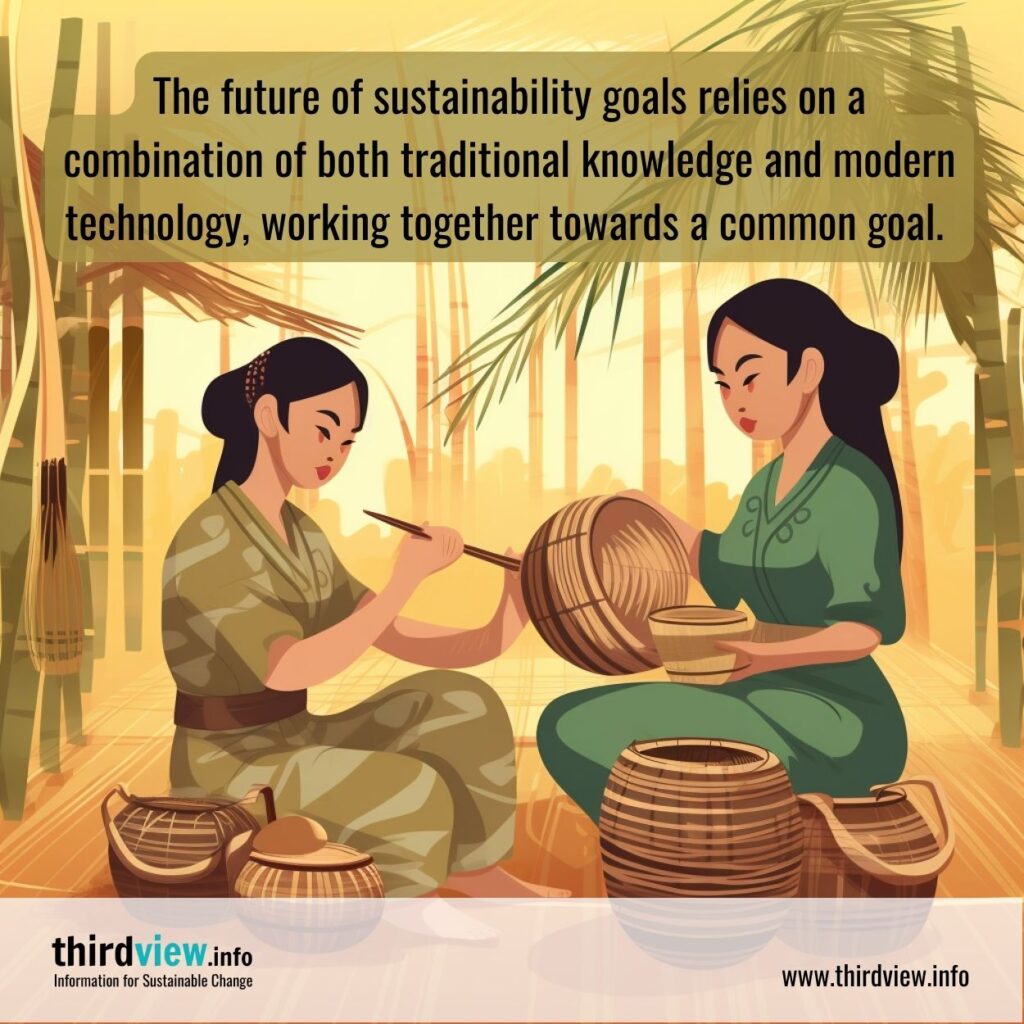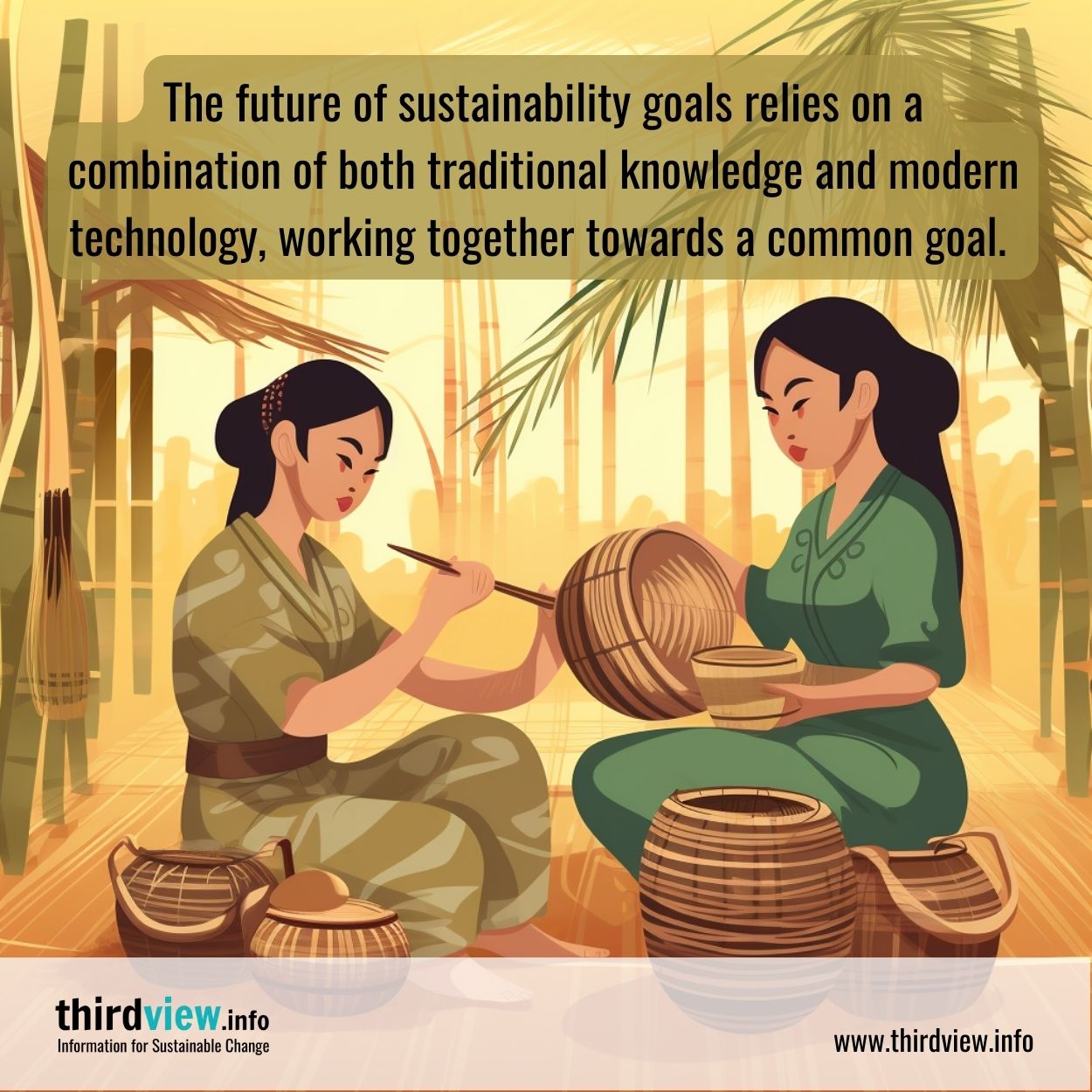With the rapid development of technology, there is a growing interest in exploring how it can be used to help make use of indigenous knowledge to support sustainability goals. This article will explore the potential role of technology in this regard, and its implications for communities around the world.
Indigenous knowledge is often an invaluable resource for communities, providing sustainable solutions that are tailored to local context and based on centuries of accumulated wisdom. However, these insights and practices have been largely overlooked by mainstream scientific research. As a result, we have only begun to understand the full potential of indigenous knowledge when it comes to tackling global environmental challenges.
The use of technology in conjunction with traditional knowledge can help bridge this gap. For instance, digital platforms such as Open-Source Ecology (OSE) offer open access resources that allow people from around the world to share their own experiences and insights related to sustainability issues. Such platforms provide an invaluable opportunity for collaboration between indigenous communities and modern science, allowing us to learn from each other’s unique perspectives while leveraging our shared expertise. Furthermore, advances in artificial intelligence (AI) are enabling us to develop sophisticated models and algorithms which can be used to better understand complex systems like ecosystems and climate change. These models could be used to identify ways that traditional practices could be adapted or applied in order to achieve sustainability goals more efficiently and effectively than ever before.
Furthermore, technology can also provide a platform for storing and sharing information among indigenous communities around the world. Platforms like social media networks allow members of different tribes or nations to communicate with each other more easily than ever before—sharing stories, experiences, photos, videos, podcasts—all while preserving their culture through digital means. This exchange of information helps foster mutual understanding between different groups while also providing an opportunity for collaboration on shared goals like sustainability initiatives.
At the same time, however, we must also recognize that there are certain risks associated with utilizing technology in this way. Indigenous peoples may not always have access or resources necessary for using digital tools effectively or responsibly – thus creating a risk that their voices may not be heard or taken into account adequately when decisions are being made about their future. Furthermore, relying on digital tools carries inherent security risks such as data breaches or malicious software attacks which could potentially jeopardize any benefits gained through their use.
In conclusion, technology has great potential when it comes to making use of indigenous knowledge for sustainability goals – however it must be utilized responsibly and securely if we hope to maximize its potential benefits while minimizing any adverse impacts it may have on vulnerable populations around the world. With careful consideration given towards both technological capabilities and social realities, we can ensure that all communities have equal opportunities for success when striving towards a more sustainable future together.


